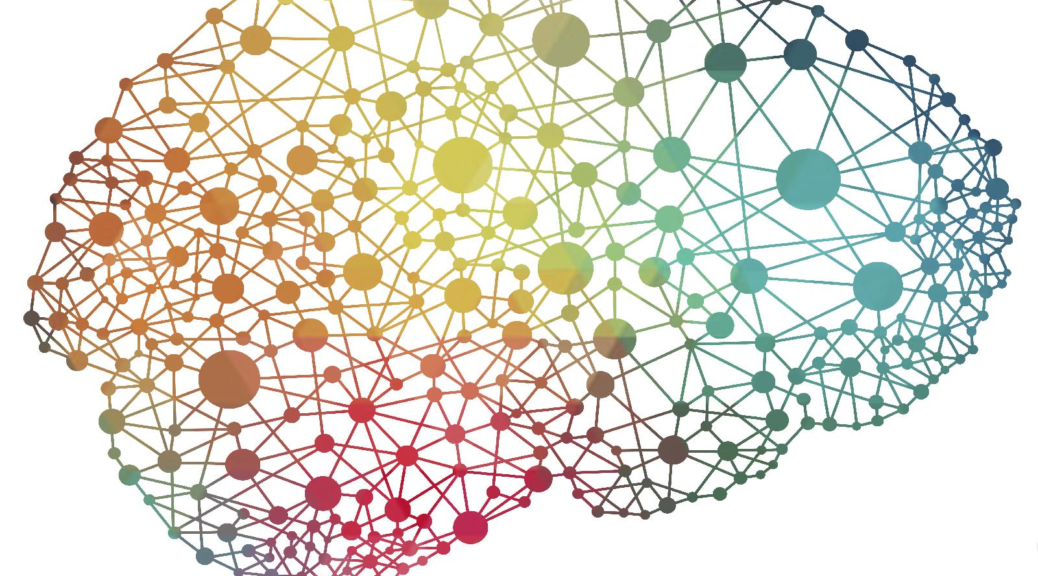What’s the Point of Social Skills?
Just to be clear, despite the title, I’m not questioning the idea that social skills are real or useful. No, instead I’m asking why social skills are useful. What is their purpose? It’s not a pointless or stupid question, because I can think of at least a couple of good answers: They are useful for building and maintaining friendships, social connections that are valuable because of their inherent worth; or They are useful for instrumental social interactions: for use in…

